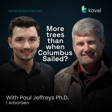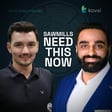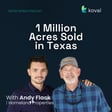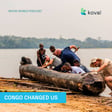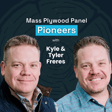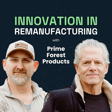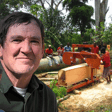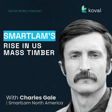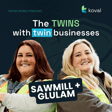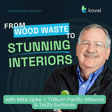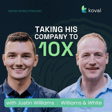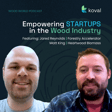
From 534 Days in Space to Woodworking w/ Astronaut Jeff Williams | #woodworld Podcast Vadim Kovalev
Join us for an inspiring conversation with Jeff Williams, retired NASA astronaut and former U.S. Army colonel, as he shares his incredible journey from commanding the International Space Station to pursuing his passion for woodworking. With over 534 days spent in space, Jeff's unique perspective on teamwork, problem-solving, and sustainable forestry offers valuable lessons for both the wood industry and beyond. In this episode, Jeff talks about his transition to woodworking, the business he started with his son, Brad, and the importance of preserving our natural resources through sustainable practices. Tune in to hear Jeff's thoughts on how his time in space has shaped his approach to craftsmanship and his commitment to sustainability. Don’t forget to like, comment, and subscribe for more insights from leaders in the #WoodWorld! #SustainableForestry #Woodworking #Astronaut #JeffWilliams #SpaceToWood --- 🌟 About Koval We specialize in delivering high return and quality solutions to support the branding, business development, hiring, and training needs of people and businesses in the wood industry. 🌲 Improving the lives of people in the wood industry globally 🌎 🔗 Connect with Us - LinkedIn: https://www.linkedin.com/company/kovaldigital/ 🚀 Ready to Elevate Your Digital Presence? Schedule a call with our team and let’s make things happen! Visit https://kovaldigital.com to get started. #woodworld #timber #woodindustry #sawmillbusiness #businessmanagement #timberindustry #masstimber #hardwoods
